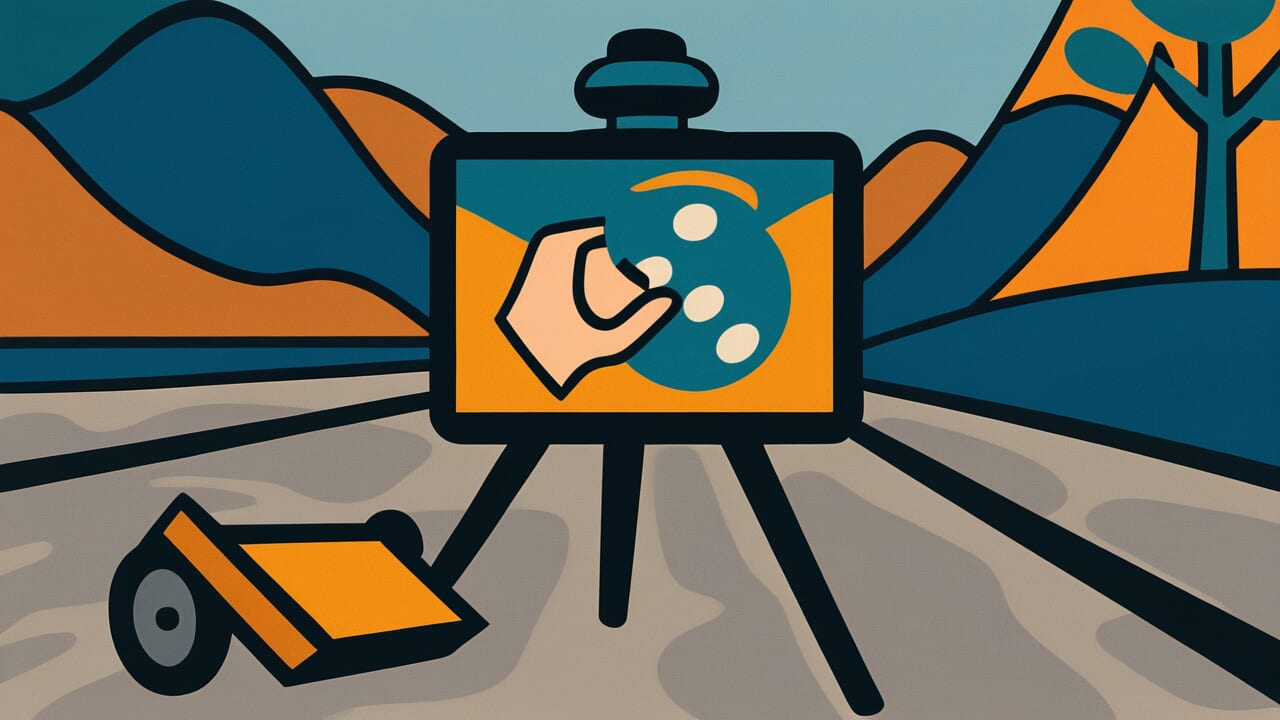Cultural Context
This Hindi proverb uses a vivid physical metaphor to express moral truth. The image of legs represents mobility and sustainability over time.
In Indian culture, truth and honesty hold deep spiritual significance across religions.
Hindu philosophy teaches that truth, or satya, is a fundamental virtue. Lying creates karma that eventually returns to the deceiver.
This proverb reflects the belief that reality always prevails over deception.
Indian families often use this saying to teach children about honesty. Elders share it during everyday conversations about integrity and character.
The simple imagery makes the lesson memorable across generations and regions.
Meaning of “Lies don’t have legs”
The proverb literally means lies cannot walk or travel far. Without legs, falsehoods cannot sustain themselves or move forward successfully.
Truth eventually catches up because lies lack the foundation to endure.
A student might cheat on an exam but struggle in advanced classes. Their lack of real knowledge becomes obvious when building on earlier work.
A business owner might deceive customers about product quality initially. However, negative reviews and returns eventually expose the dishonesty and damage reputation.
An employee might falsify their resume to get hired for a job. When actual skills are needed, the truth surfaces through poor performance.
The proverb suggests that deception creates temporary advantage at best. Reality has a way of revealing itself over time.
Origin and Etymology
It is believed this proverb emerged from oral wisdom traditions in Hindi-speaking regions. Rural communities relied heavily on trust and reputation for social cohesion.
Deception threatened the fabric of village life where everyone knew each other.
The saying was passed down through family storytelling and community teachings. Parents and grandparents used it to instill values in younger generations.
Indian folk wisdom often uses physical metaphors to make abstract concepts concrete.
The proverb endures because its truth remains self-evident across contexts and eras. Modern technology may change how lies spread, but not their ultimate fate.
The simple image of legless lies creates a memorable mental picture. This makes the wisdom easy to recall and share in daily conversations.
Usage Examples
- Parent to Teenager: “You said you were studying, but your friends saw you at the mall – Lies don’t have legs.”
- Coach to Player: “You claimed an injury, but someone filmed you playing basketball yesterday – Lies don’t have legs.”
Lessons for Today
In our digital age, this wisdom feels especially relevant and urgent. Social media can spread misinformation rapidly, but fact-checking eventually catches up.
The proverb reminds us that short-term deception carries long-term costs.
People often find that honesty, while sometimes uncomfortable initially, builds lasting trust. A manager who admits a mistake maintains team respect and credibility.
Someone who lies to avoid embarrassment may face greater consequences later. Building relationships and careers on truth creates a stable foundation.
The challenge lies in distinguishing this from appropriate privacy or tact. Not every thought needs sharing, and kindness sometimes requires careful wording.
The wisdom applies to deliberate deception, not to thoughtful discretion. When tempted to lie for convenience, remember that truth has endurance.



Comments